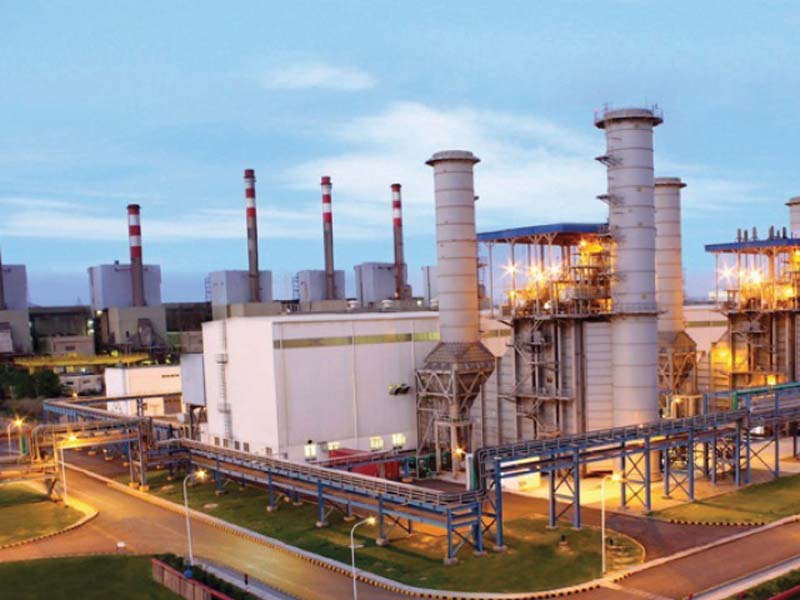
The National Electric Power Regulatory Authority (Nepra) on Tuesday allowed K-Electric to increase power tariff by Rs0.6890 per kilowatt-hour (kWh) on account of fuel cost adjustment for July 2021.
The tariff hike will have an impact of Rs1,355 million, which will be recovered in consumer bills of November 2021. It will be applicable to all consumer categories except for lifeline consumers.
Earlier, Nepra conducted a public hearing on September 2, 2021, during which different issues were raised, which included the question of whether the requested recovery of fuel price variation was justified.
Other questions were whether the requested quarterly tariff variations were justified, whether K-Electric followed merit order while giving dispatch to its power plants as well as in power purchase from external sources and whether any amendment should be made in tariff terms and conditions (for supply of electric power to consumers by supply licensees) keeping in view the changes in the Consumer Service Manual.
K-Electric requested that the amount claimed on account of energy purchase from the Central Power Purchasing Agency-Guarantee (CPPA-G) was subject to adjustment based on the fuel cost adjustment decision in the matter of ex-Wapda distribution companies for July 2021.
The regulator noted that the power purchase agreement was signed between National Transmission and Despatch Company (NTDC) and K-Electric on January 26, 2010 for five years for the sale and purchase of 650 megawatts at basket rates. Subsequently, the Council of Common Interests (CCI), in its meeting held on November 8, 2012, made a decision with respect to the modalities for withdrawal of electric power from NTDC by the petitioner to reduce the supply of energy by 300MW from NTDC to K-Electric.
However, the CCI decision was impugned by way of suits/ petitions filed by K-Electric in the Sindh High Court.No new agreement has been signed between NTDC and K-Electric to date and the latter is continuing to draw energy from the national grid, which at present stands at around 1,100MW.
Nepra noted that both Korangi Gas Turbine Power Station (KGTPS) and SITE Gas Turbine Power Station (SGTPS) were not operated by K-Electric to their full capacities and also less energy was withdrawn from NTDC for a number of days. Similarly, Korangi Combined Cycle Power Plant (KCCPP) was operated on high-speed diesel.
The regulator also took serious notice of not signing a gas sale agreement (GSA) between K-Electric and Sui Southern Gas Company (SSGC), and asked why the consumers should bear the cost of inefficiencies and challenges on the part of K-Electric.
During the hearing, K-Electric submitted that both KGTPS and SGTPS were at the tail end, resulting in low gas pressure as SSGC’s infrastructure was depleted and required rehabilitation. SSGC had been asked time and again to make the required investment to improve gas pressure and remove other technical issues, it said. “Various correspondences have been made in this regard, which are available on record.”
K-Electric also submitted that it had offered SSGC to provide dedicated infrastructure at the power utility’s cost, however, because of being within the city and Right of Way (ROW) issues, fully dedicated infrastructure was not possible.
The regulator directed K-Electric to provide details of plant operation over the last 10 years to evaluate the issue.
Industrialist Arif Bilwani, in his written comments, submitted that the cost of fuel for K-Electric’s own power generation was estimated at Rs7.162 per kWh whereas for power purchase, the cost stood at only Rs4.257 per unit.
The fuel cost of the most efficient plants of K-Electric, ie Bin Qasim Power Station-2 (BQPS-2) and KCCPP, was Rs13.93 per unit and Rs14.5 per unit respectively, which was unnecessarily burdening the consumers for being a pass-through item, he pointed out.
Published in The Express Tribune, October 27th, 2021.
Like Business on Facebook, follow @TribuneBiz on Twitter to stay informed and join in the conversation.



1729662874-0/One-Direction-(1)1729662874-0-165x106.webp)





1732084432-0/Untitled-design-(63)1732084432-0-270x192.webp)








COMMENTS
Comments are moderated and generally will be posted if they are on-topic and not abusive.
For more information, please see our Comments FAQ